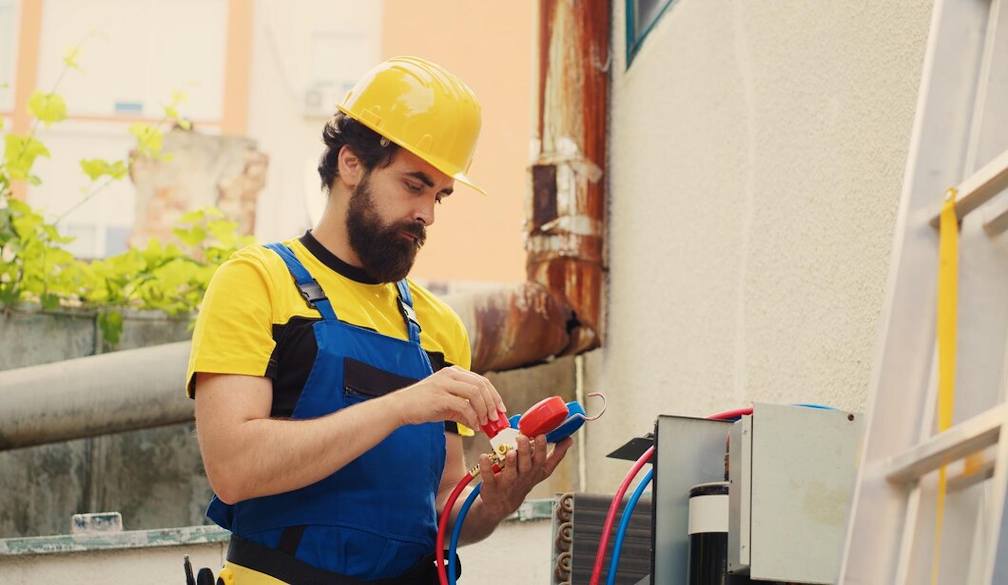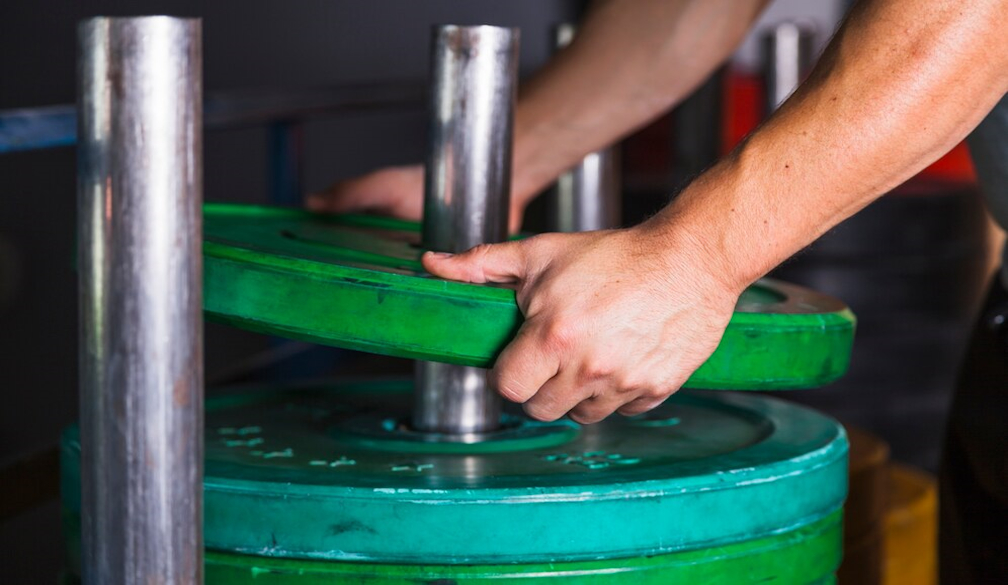How to Sleep After Breast Implant Surgery

If you've recently undergone breast surgery in Turkey, it's crucial to prioritize your recovery, and that includes getting adequate sleep. A restful night's sleep plays a pivotal role in the healing process, helping your body to repair and adapt to changes. In this article, we'll guide you through the best practices for sleeping after breast implant surgery to ensure a smooth and comfortable recovery.
Immediate Post-Op Recovery
In the hours following your surgery, you'll likely experience grogginess from anesthesia and discomfort from the procedure. Following your surgeon's advice on pain management, including prescribed medications, is essential to ensure a pain-free first night.
Setting Up Your Recovery Space
Your recovery space should be a sanctuary that promotes healing and comfort. Before your surgery, prepare a space where you can rest undisturbed. Invest in a good-quality mattress or a mattress topper that provides ample support.
Clean, soft bedding can make a significant difference in your comfort levels. Keep extra pillows nearby for additional support, and consider installing a nightlight to avoid having to turn on bright lights during the night.
Having a small table or a nightstand within arm's reach is also beneficial, where you can store medications, water, a phone, and other necessities. Keep the temperature in the room at a comfortable level to encourage rest without the need to adjust blankets or clothing.
Sleep Positions After Breast Implant Surgery
Post-surgery, finding a comfortable sleeping position is crucial to avoid pain and protect the integrity of the surgical site. The recommended position is on your back, with the upper body slightly elevated.
This position reduces swelling, prevents fluid accumulation, and helps maintain the implants' position as you heal. Use a reclining or wedge pillow to lift your upper body at about a 30 to 45-degree angle.
This can also aid in easier breathing and reduce the chances of sleep apnea, which is especially important when recovering. Avoid rolling onto your stomach or side, as these positions can put unnecessary pressure on your breasts, potentially causing pain or disrupting the healing process. If you're naturally a side sleeper, place pillows on either side of your body to prevent turning in your sleep.
Pain Management During Sleep
Managing pain is crucial for restorative sleep is essential for a speedy recovery. Before bedtime, take any prescribed pain medications or recommended over-the-counter pain relief to ensure you can sleep through the night comfortably.
Remember the timing of your medications; you may need to set an alarm to take them if you are due in the middle of the night. Gentle, non-pharmaceutical methods can also assist with pain management, such as applying ice packs or warm compresses in intervals (usually not directly after surgery, but as directed by your surgeon), practicing deep breathing exercises, or using relaxation techniques. It's also wise to limit caffeine and avoid heavy meals close to bedtime, as these can interfere with both pain control and sleep quality.
Using Pillows for Support
Pillows are not just for comfort; they're a tool for recovery. A pillow under your knees can alleviate back strain, while a few behind your back can prevent you from turning onto your side.
Establishing a Sleep Routine
A consistent sleep routine signals your body that it's time to wind down. Aim to go to bed and wake up at the same time every day and incorporate calming activities like reading or listening to soft music before bed.
Garments and Sleepwear Post-Surgery
After breast implant surgery, wearing the right garments and sleepwear is essential. Your surgeon will likely recommend a special surgical bra or compression garment that supports your breasts and helps control swelling.
Unless your surgeon advises otherwise, this garment should be worn as directed, even during sleep. When choosing sleepwear, look for items made from soft, breathable fabrics like cotton that won't irritate your skin. Sleepwear should be loose-fitting and easy to put on and take off, preferably with front closures.
Avoid sleepwear with underwires or tight elastic bands that could press against your incisions. Keeping the incision area clean and dry may mean changing sleepwear more frequently than usual. Comfortable, supportive, and non-irritating clothing will contribute greatly to your overall comfort and well-being during recovery.
Nutrition and Hydration for Better Sleep
Certain foods can enhance your sleep quality. Focus on a balanced diet with plenty of whole grains, lean proteins, and healthy fats, and stay hydrated to promote healing.
Be vigilant about changes in your sleep pattern or new discomforts, as these could indicate complications. Contact your surgeon if you experience unusual symptoms or pain that doesn't subside.
Adequate sleep is a cornerstone of your recovery from breast implant surgery. Creating a comfortable sleeping environment, managing pain, and following a consistent sleep routine can support your body's healing process and return to normal activities with confidence and ease.






